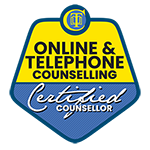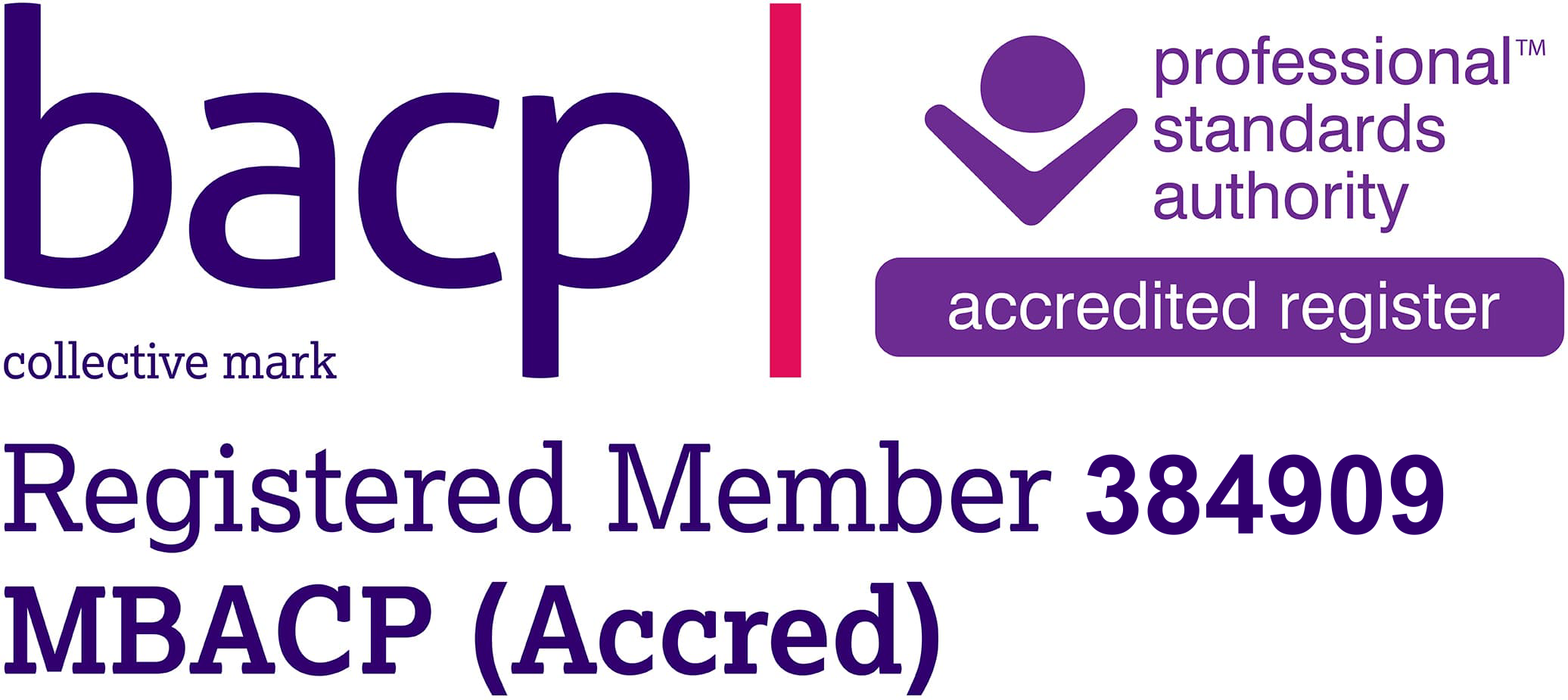Frequently Asked Questions
What is counselling?
Counselling is classed as a 'talking therapy'. The counsellor provides a safe and confidential environment for you to be able to discuss issues, problems, or concerns in your life. Having a space set aside for this purpose allows you to look at things in greater detail than in your everyday life, and with a person who is qualified and experienced. Reasons for attending counselling are as individual as each client, but some common reasons include clients wanting to explore thoughts and feelings, move towards closure or because they want to change something about how they feel or act.
I’ve had counselling before, will you be able to help?
I’m sorry to hear you haven’t found counselling useful in the past. This can leave people disappointed, angry, upset, confused or hopeless. I can’t say without us meeting if I will be able to support you more effectively than your last counsellor, but as you find yourself looking at my website I wonder whether you would like to book in for an introductory session with me? It is free of charge and there is no obligation to continue on to counselling with me. Either way I hope you find the right support for you.
Is counselling confidential?
We will discuss confidentiality and the exceptions to confidentiality when we first meet, as I like to make sure clients have a full understanding of this before we start work together. In brief though - what is said in a session is confidential, on the whole, but in some circumstances I cannot promise complete confidentiality. An example of this is if you were to mention anything regarding money laundering. I will make sure you are aware of all of the topics that would mean confidentiality may be broken before we start work together.
What happens in an introductory session?
We will agree a time to meet for an introductory session, either face-to-face or by phone, video call, text or email, and we will discuss your needs and expectations of counselling. Giving me an overview of the area you’d like support with will be helpful too. You can ask me any questions you have and I will explain more about how I work. I will also ask you some questions so I can ensure we can work together in a safe and ethical way. After the session you can take some time to consider if you would like to continue on to counselling sessions with me.
What happens in a counselling session?
Once you have decided you would like counselling with me and we have agreed a time to meet we will begin to work together. During the first session you may still have questions and we can address those. If we are meeting face-to-face I will give you some paperwork, or if we are meeting online or on the telephone I will email you this. I will also outline some important things about how we will work together.
Once the paperwork is completed you will have the rest of the time to begin to share with me your reasons for coming to counselling. In subsequent sessions we can look at whatever feels most important to you on that day.
How many sessions do I need?
It is hard to put a number against this question. Some places offer 6-8 sessions but this is often more to do with levels of funding and long waiting lists than anything else. We can work together in a time limited way if that is how you wish to work but in general I work with clients ongoing until they feel they have got what they needed from our time together. We can discuss this at any point in the therapy.
How long is a session?
Initial sessions are 50 minutes long. Ongoing sessions can be 50, 60, 75 or 90 minutes long.
I don’t live in the UK, can I still have online counselling?
I can only work with people living in England, Scotland, Wales and Northern Ireland. This is due to insurance. If you are outside of those countries then I hope you can find someone in the country you are in to support you.
Do you offer counselling to children and young people?
Currently I work with those aged 16 and over.
How do I pay for sessions?
For face-to-face sessions the fee can be paid in cash, by debit/credit card or bank transfer. For remote sessions the fee can be paid via PayPal or bank transfer.
How often will we meet?
We will meet weekly at an agreed time and day, unless otherwise arranged.
What happens if I have to cancel a session?
If you need to cancel a session then it is appreciated if you can give at least 48 hours’ notice, and in this instance, there would be no fee charged. Of course, sometimes you won’t be able to give that much or any notice due to the circumstances, and in that instance a cancellation fee will apply, details of which would be in your contract.
Can I end counselling with you at any time?
For the most part it is the client’s choice when counselling comes to an end. In order to end the work safely and usefully I advise that we openly discuss potential end dates and work towards the end session thoughtfully. Counselling is a big commitment both in terms of your time and your money, and because of that you deserve to have an ending to reflect that.
Can I contact you outside of our arranged session time?
Deciding to work together in a counselling context forms a relationship that is quite different to any other relationship you may have in your life. Outside of our arranged session time you can email me to let me know if you can’t make our session, are running late, or for other administration queries. However, if you feel you need immediate emotional support or safeguarding outside of our time together it is important that you reach out to a service designed for that purpose, such as The Samaritans (https://www.samaritans.org/) , The Big White Wall (https://www.bigwhitewall.com) , the emergency services (999 in the UK) or your local A&E department.
How will I know if counselling is for me?
Counselling isn’t for everyone, and each counsellor will bring their own unique style and personality to their work, as well as their theoretical training. There isn’t a one size fits all approach, and so trying counselling is possibly the only way to know if it suits you.
I’ve had counselling with you before, can I come back?
Yes absolutely. People often find that they may want or need counselling at various stages in their life and it does not need to be a once in a lifetime experience. There are many layers to the issues brought to counselling and it can take time to work your way through those. Counselling can be used as a way to look after your long-term mental health and doesn’t need to be entered into only at a time of crisis.








